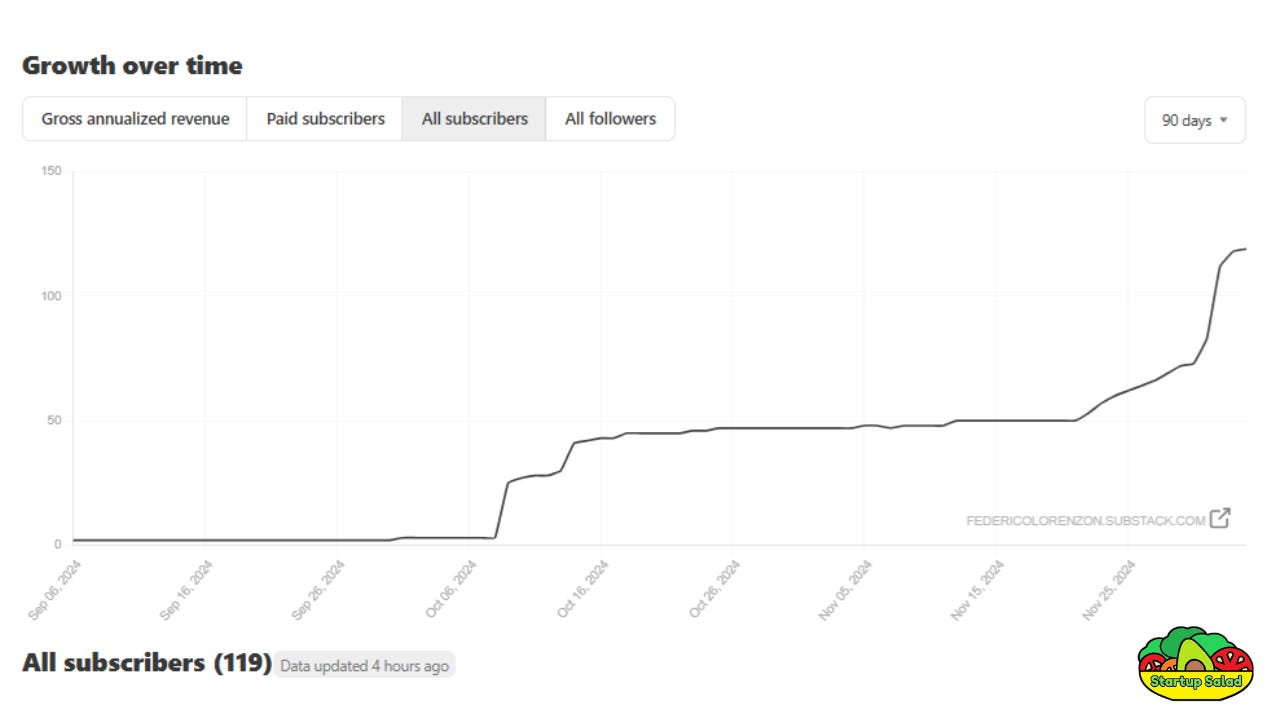Deep Work: Step by Step Guide
This Friday -> "Deep Work: Rules for Focused Success in a Distracted World" by Cal Newport [4 min reading]
Hey, it’s Fede!
Ping, brrrrrr, scroll, music, scroll, “Hey, can I…?” Ping, scroll, tiin...
Repeat. Again. And again.
This is how most of us live. Every morning, we write a reasonable to-do list on a Post-it and leave it on our desk. Somehow, by the end of the day, many of those tasks are still there. The problem? Hundreds, if not thousands, of distractions, fill our days.
All these distractions are called shallow tasks, and they’re becoming a big problem for the majority of us. They constantly require some of our brainpower and take away the focus needed for more important tasks.
Honestly, I hate them.
That’s why I started exploring the concept of deep work. Today, I’m sharing one of the most interesting books on the topic:"Deep Work: Rules for Focused Success in a Distracted World" by Cal Newport
Here the takeaways (+ some extras):
The opposite of shallow work is deep work, which allows you to fully focus on a single task for a long period unlocking the full potential of your brainpower.
The key takeaway from extensive research on this topic is clear: 1 hour of deep work produces results far beyond what 2 hours of shallow work can achieve.
Not only is the time spent more effective, but the quality of your work and the depth of learning gained during deep work are on an entirely different level. That’s why we need to study and learn how to do it.
Keep in Mind:
The Location: Open floor plans are trendy and cool, but they’re a massive distraction. If you want to focus deeply, avoid them. However, don’t think your home office is automatically better, though. If not managed well, home can create even more distractions than five colleagues talking on the phone at the same time.
Instant Messaging: Notifications from colleagues, clients, or your boss “ping, ping, ping…” They’re absolute focus killers.
Social Media: Let’s be real. Saying you’re on LinkedIn for work isn’t true. You’re just scrolling, and you know it.
The worst part of this? The longer we stay stuck in this cycle of shallow work, the more our brain gets used to it, making deep work even harder do.
…and honestly, I’m feeling this right now.
But hey, it’s not only about your professional life.
Deep work can lead you into a state of flow, a condition where tasks feel both efficient and deeply satisfying. Studies show that while shallow work often results in feelings of alienation, leaving cognitive potential untapped, deep work can give a sense of purpose and fulfillment.
Yeah, it might sound surprising, but a lack of focus doesn’t just hurt productivity it impacts your overall happiness. When we’re unfocused, our brain tends to get lost and fixate on negative and depressing details, dragging us into a downward spiral.
You know that emotional state where you feel empty, stuck, and awful without knowing why? Well, think about this.
How to Work in Deep Work
Deep work isn’t something you can simply decide to do, it’s tough, challenging, and requires creating the right ecosystem around you. Here’s a step-by-step guide to get started:
1. Make it a Habit:
Block specific times in your calendar for deep work, preferably in the morning when your brain is at its best and distractions are minimal.
2. Manage Your Willpower:
Treat your willpower like an athlete treats stamina. On low-energy days, choose tasks you enjoy more but still require focus to maintain the habit.
3.Create the Right Environment:
If possible, dedicate a specific space only to deep work. If not, train your brain to associate certain places like libraries or private coworking rooms as places only for deep work.
4. Set Ambitious Deadlines:
Deadlines can trigger dopamine, helping you stay focused. This has been a game-changer for me as someone with dyslexia, where concentrating is extra challenging. But be careful it can be stressful, so use it wisely.
5. Become Accountable:
Define your deep work goals and write them down. Track your performance weekly to ensure you’re staying on track and find areas for improvement.
A Final Thought:
Deep work rewires your brain over time, making it easier to do deep work with practice. For founders and innovators, it’s a true superpower helping you tackle tough problems faster and make real progress on your startup goals.
PS: We’re now over 100 people, stay tuned the best is yet to come!
See you next Friday,
Federico Lorenzon











Thanks for the guide! What can support deep work is also Kanban. This article explains it well: https://kanbantool.com/blog/using-kanban-to-support-deep-work